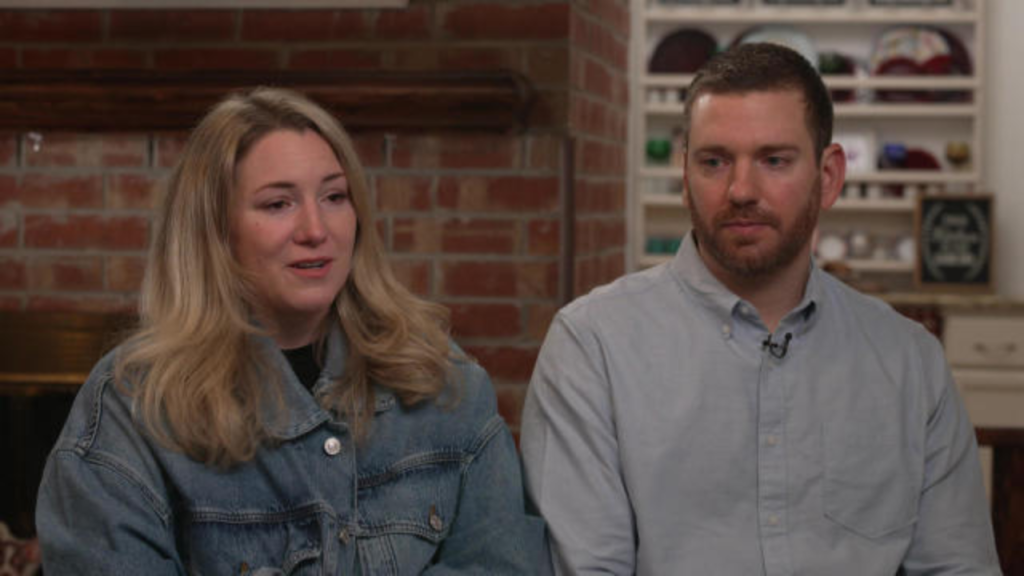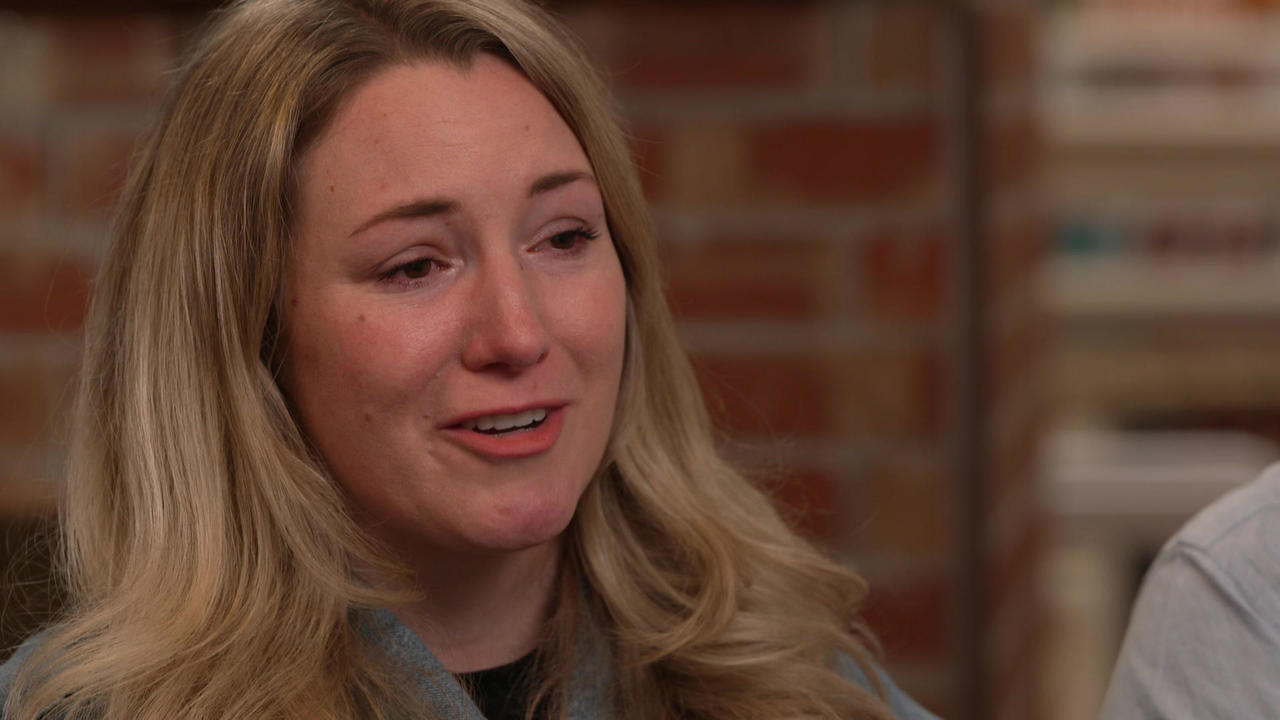CNS News–Kate Cox’s story is a poignant illustration of the complex and often heart-wrenching realities faced by individuals under restrictive abortion laws. A Texas mother, Cox’s ordeal began when prenatal tests revealed that her unborn baby girl had trisomy 18,
a genetic condition associated with severe developmental problems. The diagnosis was dire: the baby, if she survived pregnancy and birth, was not expected to live more than a week. Facing this grim prognosis, Cox and her husband Justin faced a difficult decision.
With the knowledge that the baby might not survive the birth and the potential risks to Kate’s health and future pregnancies, the couple decided to seek an abortion. However, in Texas, where abortion laws are among the strictest in the nation, this was not a straightforward choice.
The legal battle that ensued was both public and painful. Represented by attorney Molly Duane from the Center for Reproductive Rights, Cox fought for the right to have an abortion in her home state, under the conditions that the Texas law stipulates exceptions for life-threatening physical conditions.
“I talked with our doctors. And I didn’t want her to suffer. I felt it was best for her, and I felt it was best for our family as well. We want to be able to have more babies. We want to give siblings to our kids.” https://t.co/vnGTZQS9kb
— KDKA (@KDKA) January 14, 2024
Read More News: Texas Border Patrol Was “Physically Barred” from Trying to Rescue Drowning Migrants!
Nebraska’s Untested Rape Kits: A Call for Urgent Inventory and Reform
Texas Woman’s Heart-Wrenching Decision: Seeking Legal Abortion Amidst State Ban
The case, highlighting the ambiguity and restrictive nature of the state’s abortion laws, became a focal point in the larger debate over reproductive rights. Despite the medical prognosis and the Coxes’ circumstances, the Texas Supreme Court ruled against them.
This decision, as Kate Cox described, was “crushing.” It not only forced the family to seek medical assistance out of state but also underscored the limitations and challenges faced by women in Texas and other states with similar laws.
This case, coming in the wake of the U.S. Supreme Court’s overturning of Roe v. Wade, illustrates the complex and often contradictory nature of abortion laws in the United States. It raises critical questions about women’s rights, state governance, and the interpretation of laws in cases with profound ethical and personal implications.


